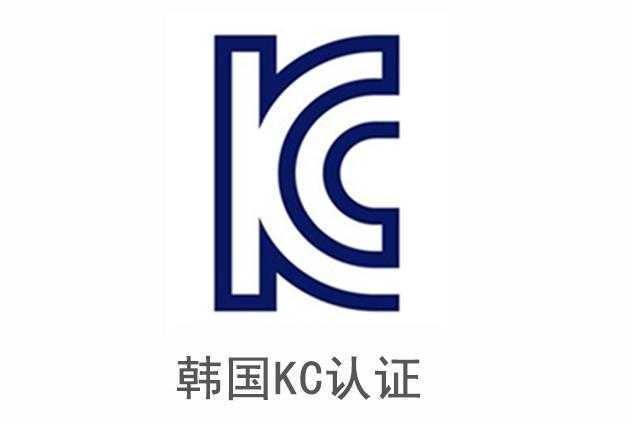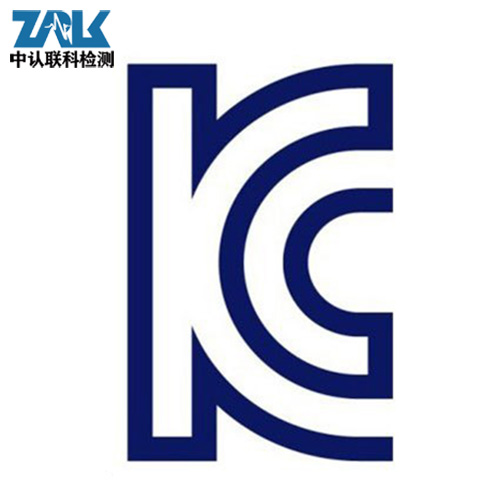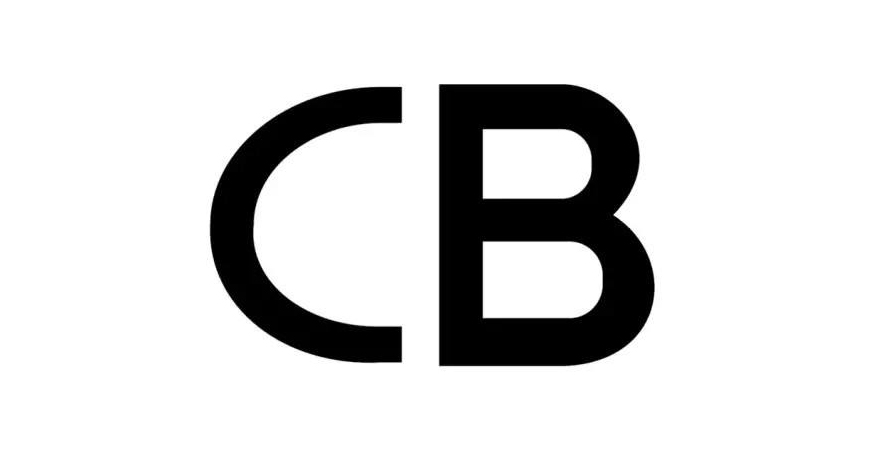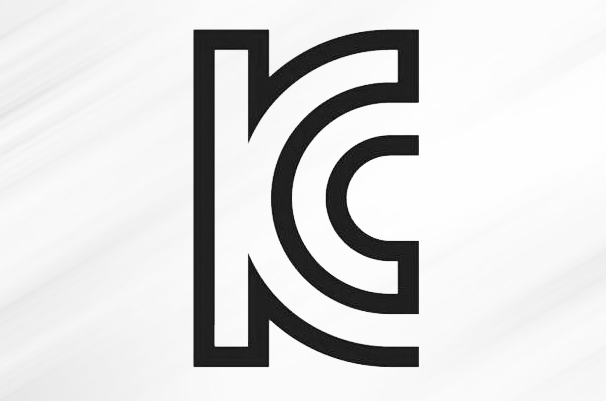With the rapid development of science and technology, lithium-ion polymer batteries are widely used in smart phones, tablet computers, smart wearable devices and other fields because of their thin, high capacity and high safety. However, KC certification is an essential part of bringing these products into the Korean market. This article will take you through the relevant content of KC certification for lithium-ion polymer batteries to help you easily navigate the certification process.

Lithium ion polymer battery product introduction
Lithium-ion polymer battery is a new type of battery using polymer electrolyte, which has higher energy density and lighter weight than traditional lithium-ion battery. It is not only small size, high capacity, but also has excellent cycling performance and safety, so it is ideal for modern electronic equipment. Whether it is portable electronic devices or new energy fields, lithium-ion polymer batteries play an important role.
Why apply for KC certification?
KC certification is a mandatory certification in South Korea, and all electronic products entering the Korean market and their related battery products need to pass KC certification. This is an entry threshold set by the Korean government to ensure product quality, safety and environmental performance. Products that have not passed the KC certification will not be able to be sold in the Korean market, so the KC certification is not only the need for compliance, but also the key to developing the Korean market.
The importance of KC certification applications
KC certification is not only a passport to enter the Korean market, but also a guarantee of product quality and safety. Certified products enhance brand image and enhance consumer trust while avoiding legal risks arising from quality issues. In addition, KC certification also provides a reference for products to enter other international markets.

Lithium-ion polymer battery as an important part of modern technology, its KC certification is not only the need for compliance, but also the key to open up the Korean market. By understanding the certification process and preparing data, enterprises can complete certification more efficiently and seize market opportunities. In the future, with the continuous progress of technology, lithium-ion polymer batteries will play an important role in more fields, and KC certification will also escort it. Whether you are a start-up or an industry leader, we can tailor the right solution to your specific needs. Contact us to discuss your certification needs.













